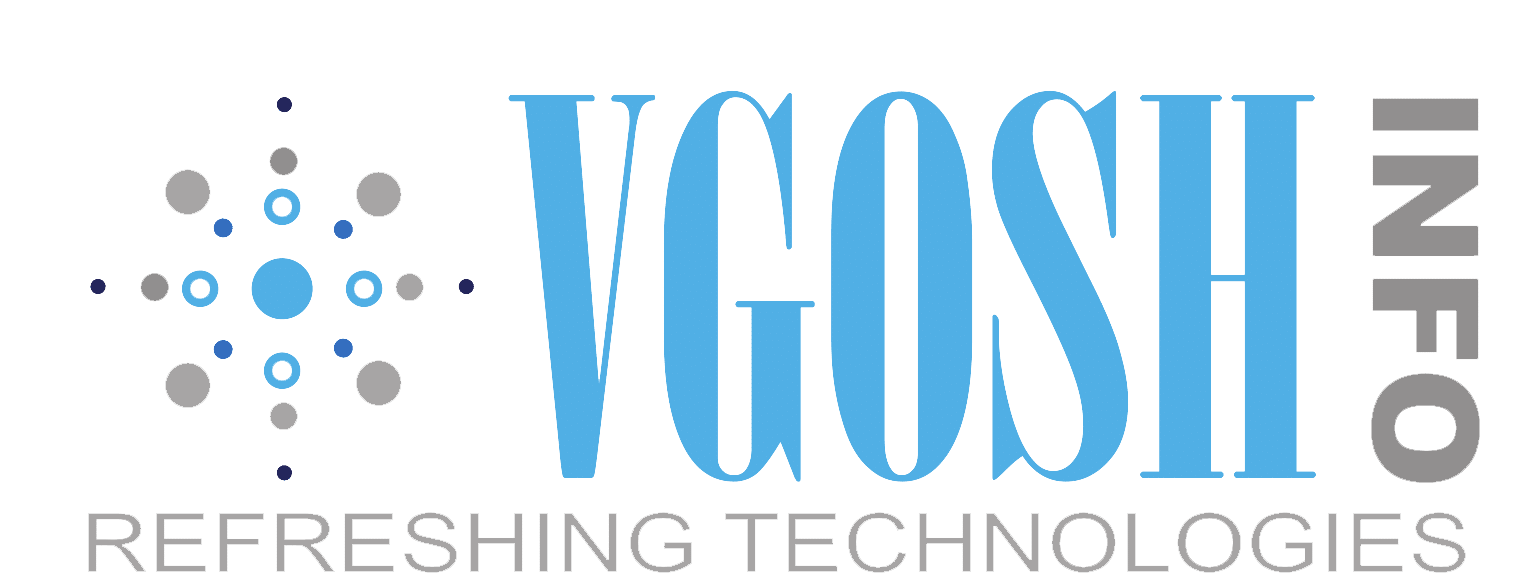Best Practices for In-App Authentication and Authorization in Singapore
In today’s digital era, mobile apps have become an integral part of our daily lives, handling sensitive user data and providing access to critical services. Ensuring secure authentication and authorization within these apps is paramount to safeguarding user privacy, protecting data integrity, and maintaining trust.
In Singapore, where data protection regulations are stringent, implementing robust authentication and authorization mechanisms is essential for compliance and long-term success.
Understanding Authentication and Authorization
Authentication and authorization are two distinct but interconnected processes that ensure secure access to resources and data in mobile apps.
- Authentication verifies the identity of a user, confirming that they are who they claim to be. Common authentication methods include passwords, biometric authentication, and multi-factor authentication (MFA).
- Authorization determines what actions a user is permitted to perform within an app. It defines the level of access a user has to specific features, data, or functionalities based on their role or privileges.
Authentication Best Practices
To ensure secure authentication in mobile apps, follow these best practices:
- Strong Passwords: Enforce strong password policies that require users to create unique, complex passwords that are difficult to guess or brute-force attacks.
- Biometric Authentication: Implement biometric authentication methods, such as fingerprint or facial recognition, for added security and convenience.
- Multi-Factor Authentication (MFA): Utilize MFA to add an extra layer of security by requiring additional verification factors, such as a code sent to the user’s phone or email, alongside the primary authentication method.
- Regular Password Updates: Encourage users to regularly update their passwords to maintain password hygiene and reduce the risk of unauthorized access.
- Secure Password Storage: Store passwords securely using encryption techniques and avoid storing passwords in plaintext.
Authorization Best Practices
For robust authorization in mobile apps, follow these best practices:
- Role-Based Access Control (RBAC): Implement RBAC to assign permissions based on user roles, ensuring that users only have access to the data and functionalities they need to perform their tasks.
- Least Privilege Principle: Adhere to the principle of least privilege, granting users only the minimum level of access necessary for their specific roles.
- Access Control Lists (ACLs): Utilize ACLs to define fine-grained access control rules, specifying who can perform specific actions on specific resources.
- Regular Access Reviews: Conduct regular access reviews to ensure that user permissions remain aligned with their current roles and responsibilities.
Authentication and Authorization in API Testing
API testing plays a crucial role in verifying the effectiveness of authentication and authorization mechanisms in mobile apps. During API testing, ensure that:
- Proper Authentication: Verify that valid authentication credentials are required to access protected API endpoints.
- Authorization Scope: Test that users are only granted access to the specific data and functionalities they are authorized to access.
- Unauthorized Access Prevention: Validate that unauthorized users are prevented from accessing protected APIs.
- Input Validation: Ensure that API endpoints properly validate user input to prevent malicious attacks or data manipulation.
Secure In-App Authentication and Authorization for a Trusted Digital Experience
Finally, In-app authentication and authorization are fundamental pillars of a secure mobile app ecosystem. By implementing robust authentication and authorization mechanisms, app developers and organizations can safeguard user data, prevent unauthorized access, and comply with data protection regulations. As Singapore continues to embrace digital innovation, prioritizing secure authentication and authorization is essential for building trust, fostering a secure digital environment, and empowering individuals with control over their data.





